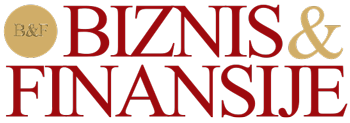
At their next meeting, Europe’s finance ministers are expected to officially endorse the appointment of the Netherlands’ Jeroen Dijsselbloem to the Eurogroup presidency. The recapitalisation of banks by the European Stability Mechanism and the release of the next tranche of aid for Greece will also be on the agenda. However, there is no expectation of a decision on a bailout for Cyprus.





